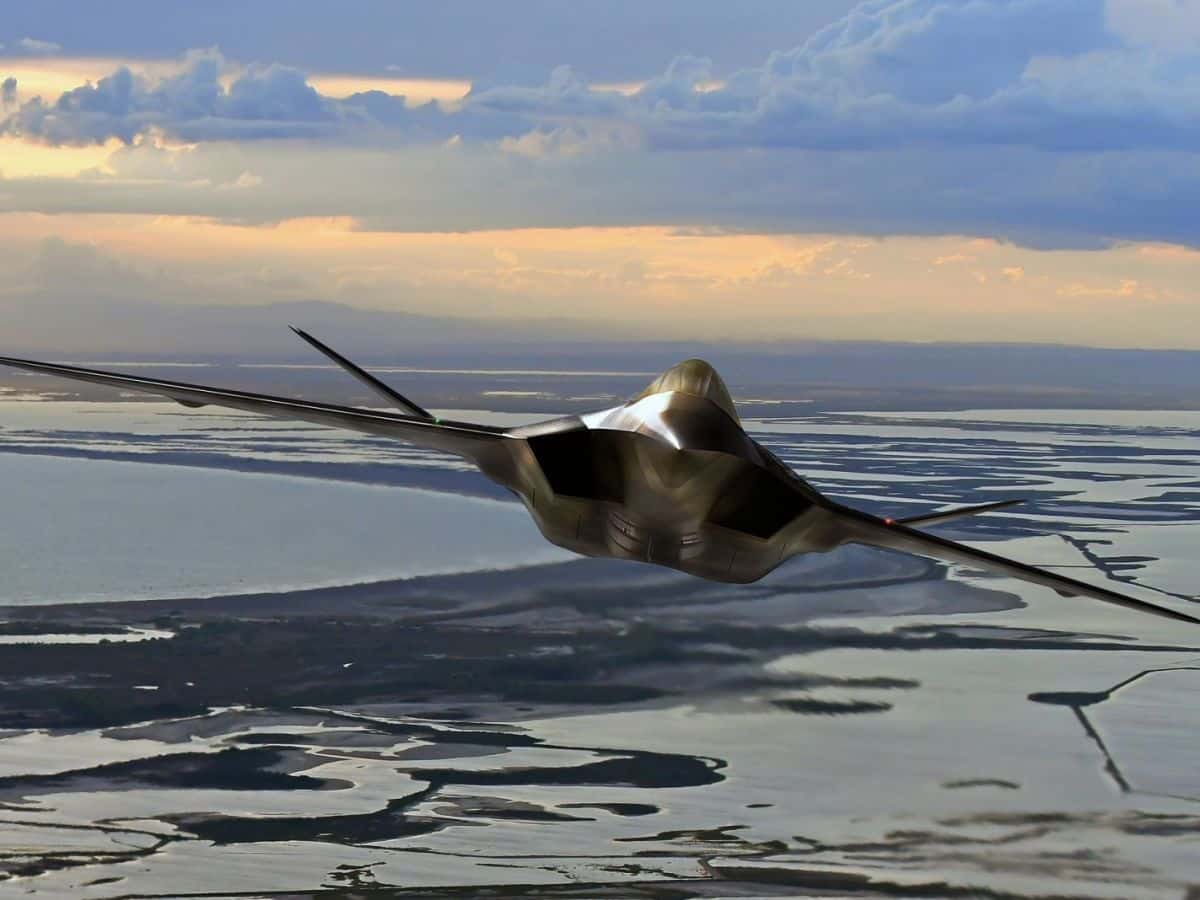Key Takeaways
- The SCAF program aims to develop a next-generation combat aircraft by 2045, but faces significant challenges and delays.
- France emphasizes the need to meet the 2045 deadline due to its nuclear deterrent strategy, leading to potential tensions with partners.
- A restructuring of industrial governance and technological sharing is crucial to avoid the program’s collapse.
Challenges Facing the SCAF Program
Launched in 2017, the Future Combat Air System (SCAF) program represents a collaborative effort within Europe to develop a modern combat aircraft alongside drones and weapons systems. Originally intended to symbolize European defense unity, the initiative is now encountering major obstacles after seven years of negotiations.
Phase 1B of the project has been completed, but underlying issues such as industrial governance, technology sharing, and differing strategic priorities remain unresolved. These tensions are intensifying as the 2045 deadline looms, which is critical for France’s nuclear air force capabilities.
As the deadline approaches, the year 2025 is pivotal. If the three participating nations—France, Germany, and Spain—cannot address the industrial organization and align on technological requirements, the SCAF program risks failure. This situation is alarming for France, which is under pressure due to its strategic reliance on updating its nuclear capabilities by 2045.
The SCAF initiative was initially met with enthusiasm when it was announced by French President Emmanuel Macron and German Chancellor Angela Merkel in 2017, aiming to go beyond existing aircraft such as the Rafale and Eurofighter Typhoon. The first cooperation agreement between France and Germany in 2018 established a target for the aircraft’s commissioning by 2040, setting expectations high.
However, Spain’s inclusion in the program in 2019 led to a reevaluation of the project’s structure, necessitating renegotiation of industrial roles. This, coupled with the COVID-19 pandemic, has caused further delays, pushing the initial 2040 deadline to 2045. The French government is particularly anxious about this extension, as it complicates the renewal of its nuclear deterrent capabilities.
France’s position has become increasingly assertive, as it has communicated to its partners that any further delay beyond 2045 may jeopardize its continued participation in the project. To this end, France has proposed an action plan aimed at refocusing the aircraft’s design while restructuring the distribution of industrial responsibilities based on expertise rather than an equitable political balance.
In summary, while the SCAF program holds significant potential, its future hinges on the ability of its partners to navigate complex industrial relationships and remain aligned with strategic timelines that are critical for national security. The status quo is no longer a viable option for any of the involved nations.
The content above is a summary. For more details, see the source article.















